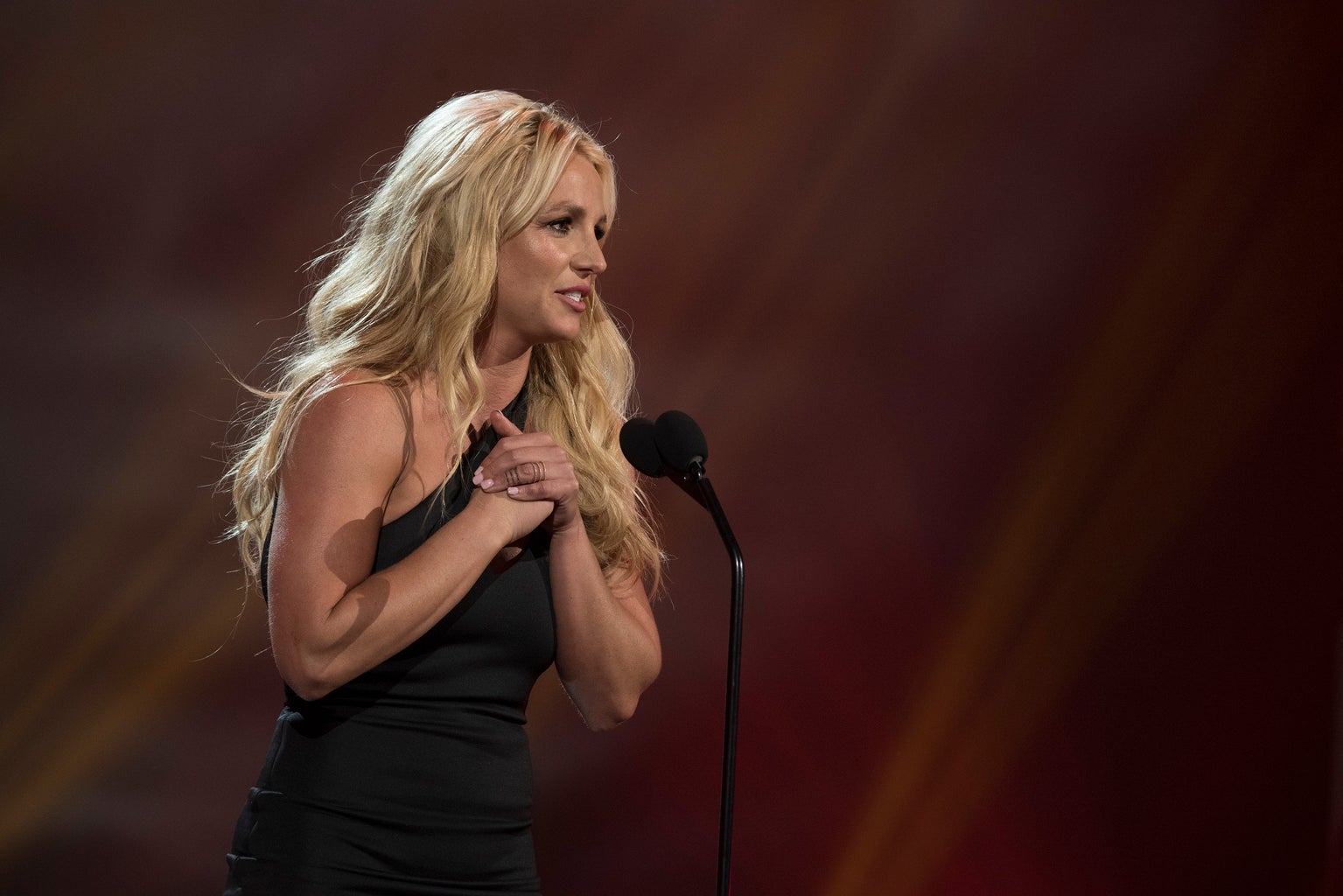Picture this: It’s 2007, and you’re sitting in the backseat of your mom’s minivan on the way to softball practice listening to Britney Spears’ newly dropped album Blackout on your iPod Nano without a care in the world. Your head bops to the upbeat movement of the songs, not truly understanding the real meaning behind the lyrics but enjoying it nonetheless. Life is good, life is simple — for you at least.
While you’re enjoying the triumphs of childhood, Britney Spears seems to be falling apart at the seams. On the cover of every tabloid and magazine are headlines screaming “Hit Me Baby One More Time: Britney Attacks Car with Umbrella,” “Britney Shaves it Off: Britney Goes Bald” and “Britney Officially Loses It!” Before we knew it, Britney had checked herself into a California hospital’s psych ward and the control she had over her own life seemed to be slipping away.
In January, 2008, the court placed Britney under a conservatorship led by her father, Jamie Spears, and attorney, Andrew Wallet, which gave them complete control over her assets and estate. However, allegations surrounding potential abuse from Jamie Spears and the rest of the people involved with the conservatorship in 2019 sparked uproar amongst friends and fans of Britney alike. This is when the #FreeBritney movement was officially born. Britney would remain under the control of this conservatorship for 13 years. That is until the Court officially suspended her father from it on Sept. 29, 2021, replacing him temporarily with accountant John Zabel until November 12 when an official hearing to determine whether or not Britney’s conservatorship should be terminated altogether.
But what does this mean for Mental Health Awareness all together? And more importantly, what does this mean for Britney now that she has almost officially been freed? Britney Spears had been under this conservatorship, also known as guardianship, for over 13 years, which means she had to give up her rights because the court deemed her as a risk to herself. In other words, somebody else, in Britney’s case her father and attorney, were given control over her life because they, and the court, believed that she couldn’t take care of herself. When the hearings to terminate the conservatorship began this past summer, official documents and information were leaked that claimed that Britney had wanted to get out of the conservatorship for years and stayed in it against her will. To the court, Britney claimed that the conservatorship was “abusive” and had entered into it involuntarily; but for many mental health patients deemed not fit to take care of themselves, this is unfortunately the case.
Britney being a public figure and her conservatorship story being documented and publicized worldwide has brought to light some taboo topics in the mental health community. By coming forth and saying that she wants out and was forced in against her will, Britney has emulated how many individuals afflicted with mental illnesses feel on a daily basis. Helpless. Misunderstood. Exploited. Abused. Like many individuals impacted by mental illness, Britney standing up in front of the Court and telling her story has given a voice to all of those who feel taken advantage of, who feel forced, who feel mistreated not just in conservatorships or guardianships, but to the mental health and abuse victim communities.
But getting her father suspended from the conservatorship is only the first step. On Nov. 12, 2021, there will be a final, official hearing to determine whether or not the conservatorship should be eliminated altogether: if this happens, Britney, after 13 years, can finally consider herself free. If the conservatorship is finally terminated, it will be the first time Britney has had control over her own estate and affairs in 13 years; the last time, she was only 26 years old. It will be interesting to see how all of this plays out and what will happen because of the #FreeBritney movement. But one thing is for certain, the world will never forget what the Free Britney movement did for the mental health community.





